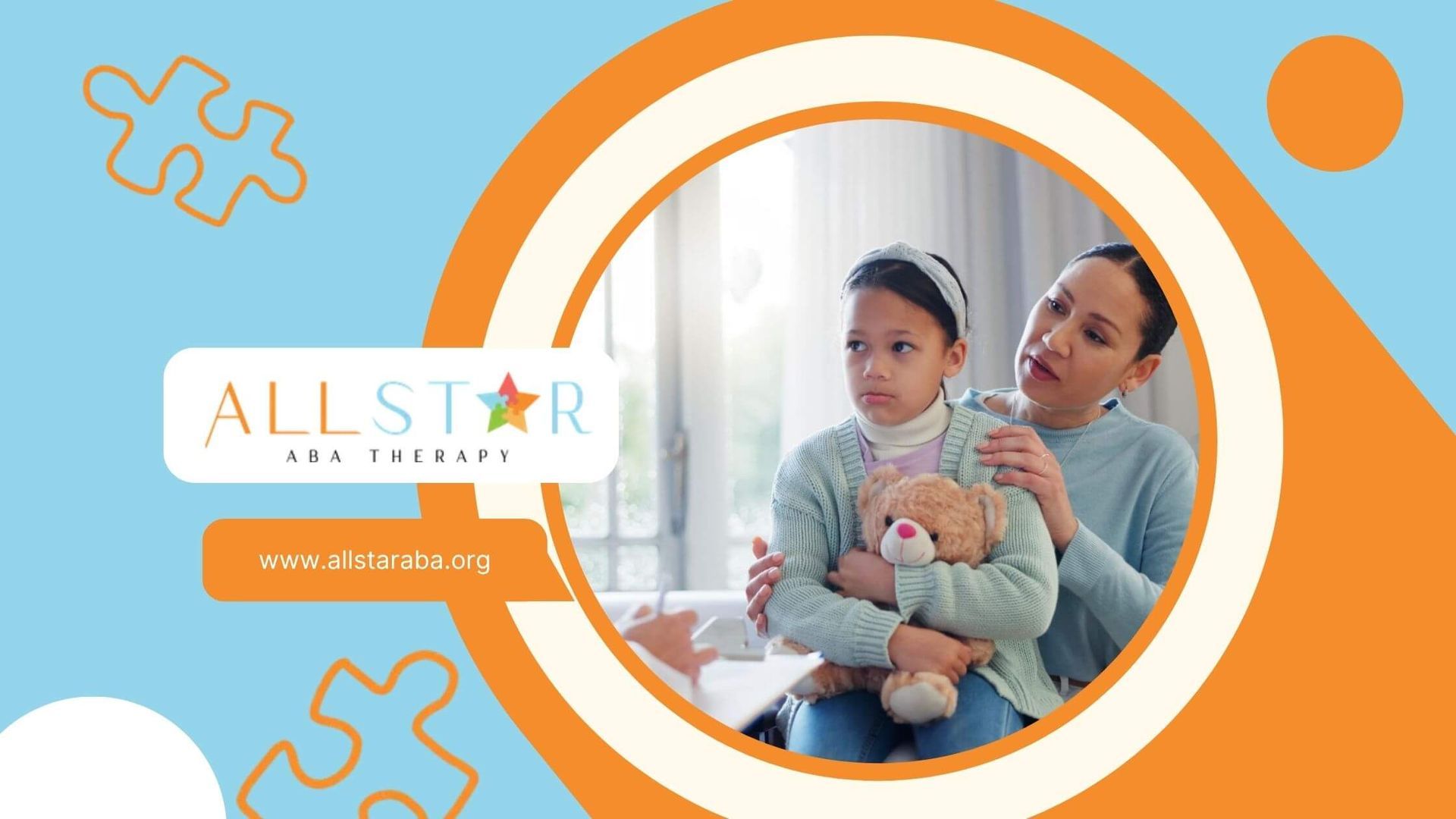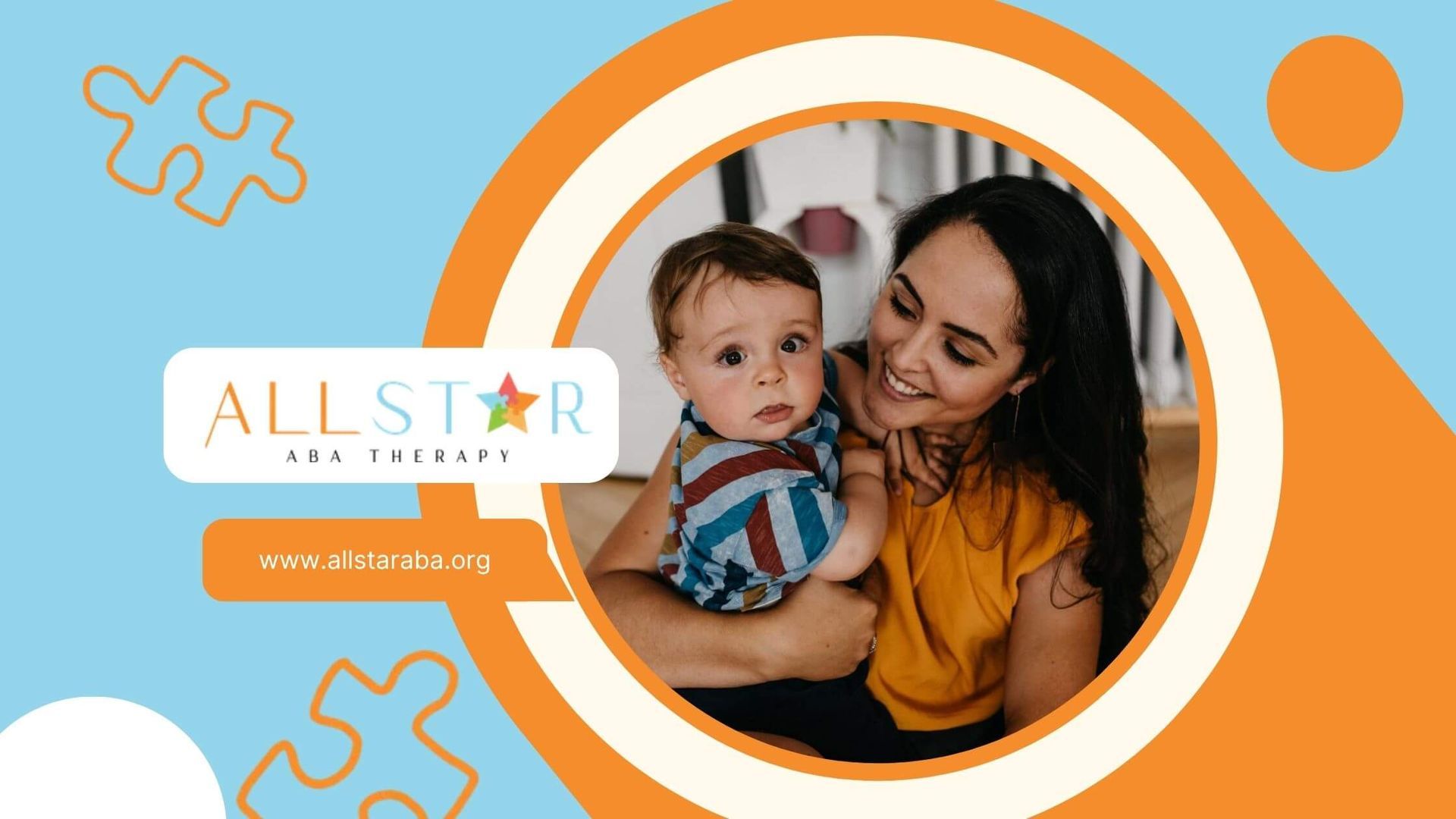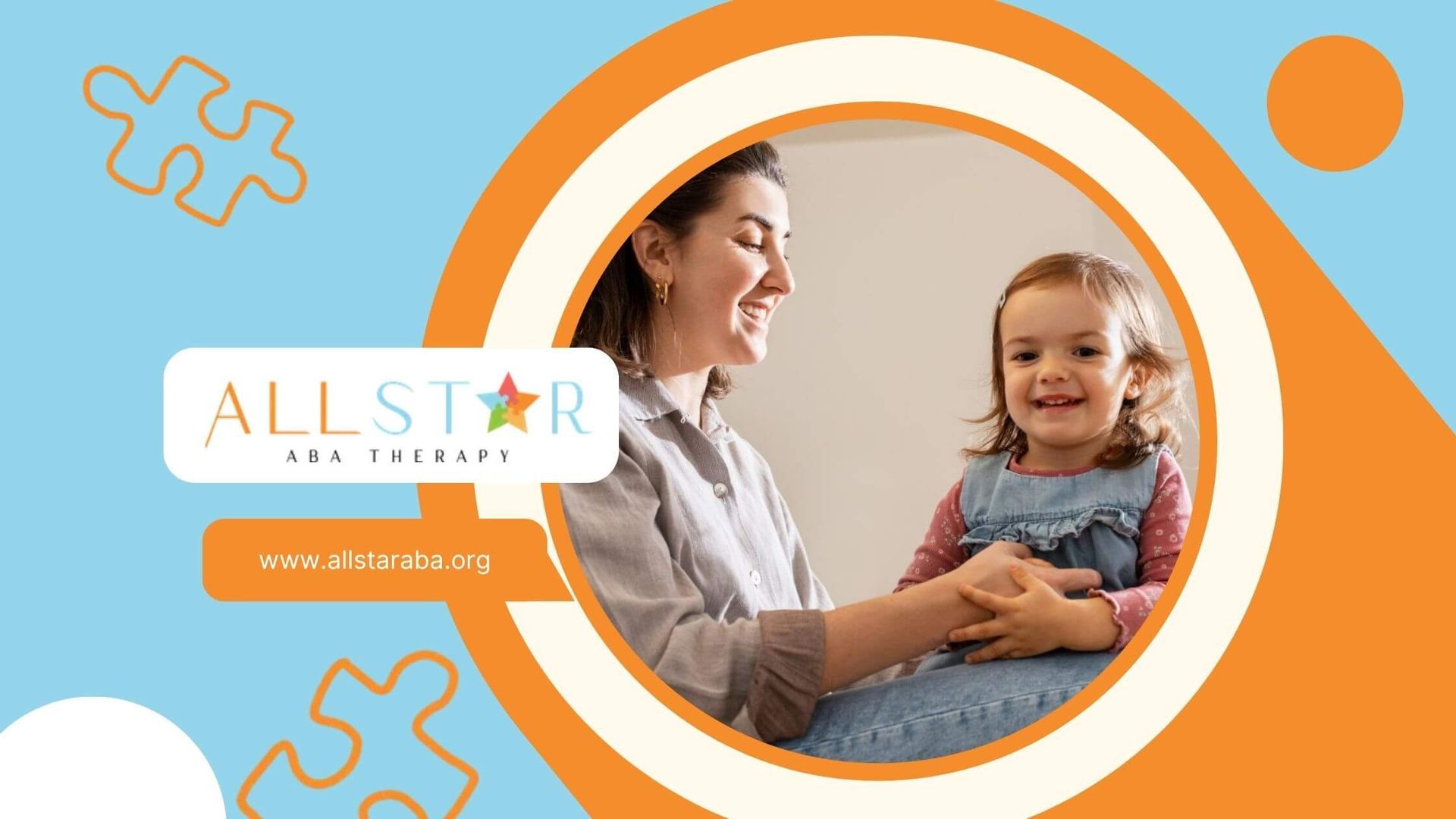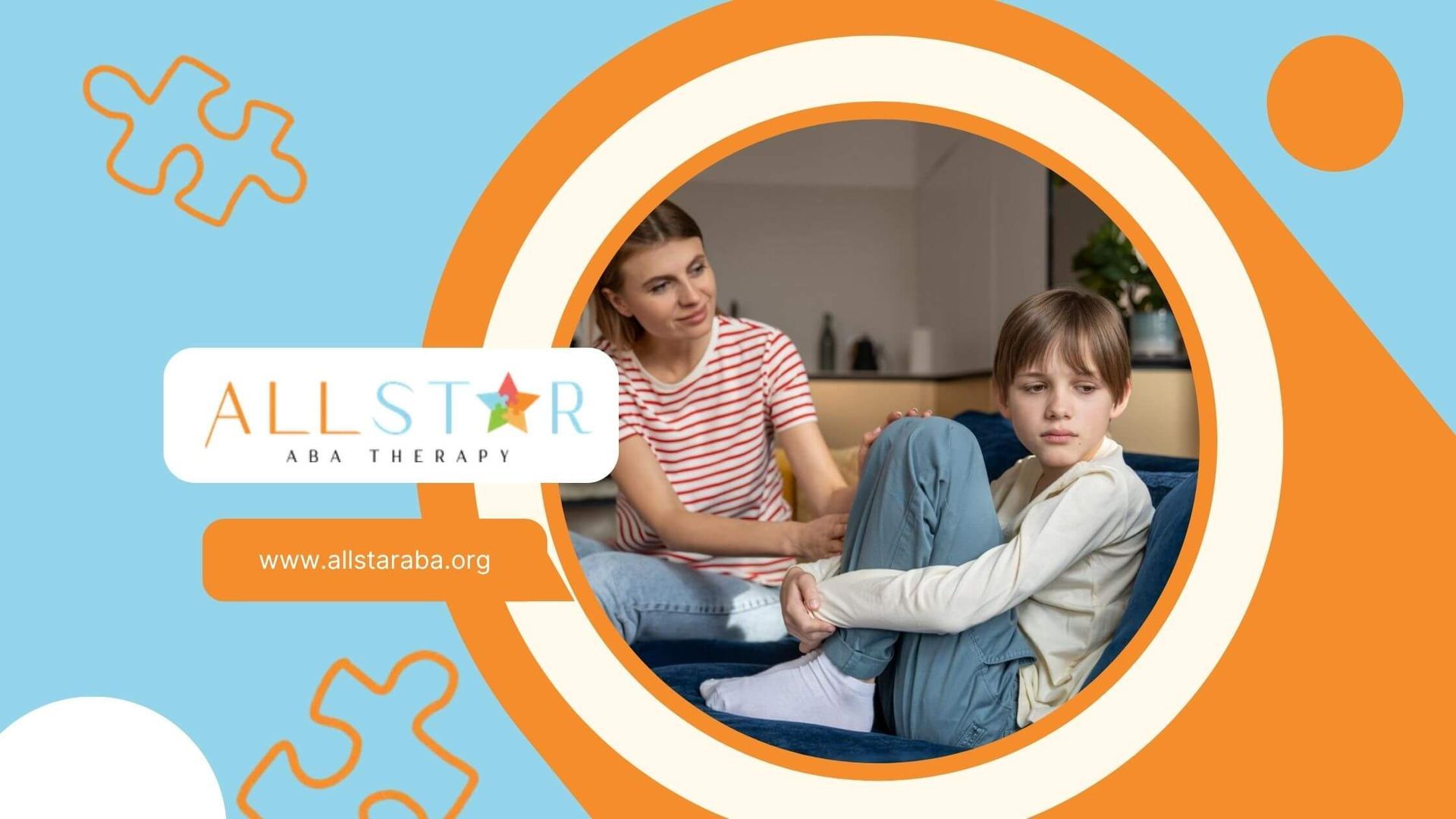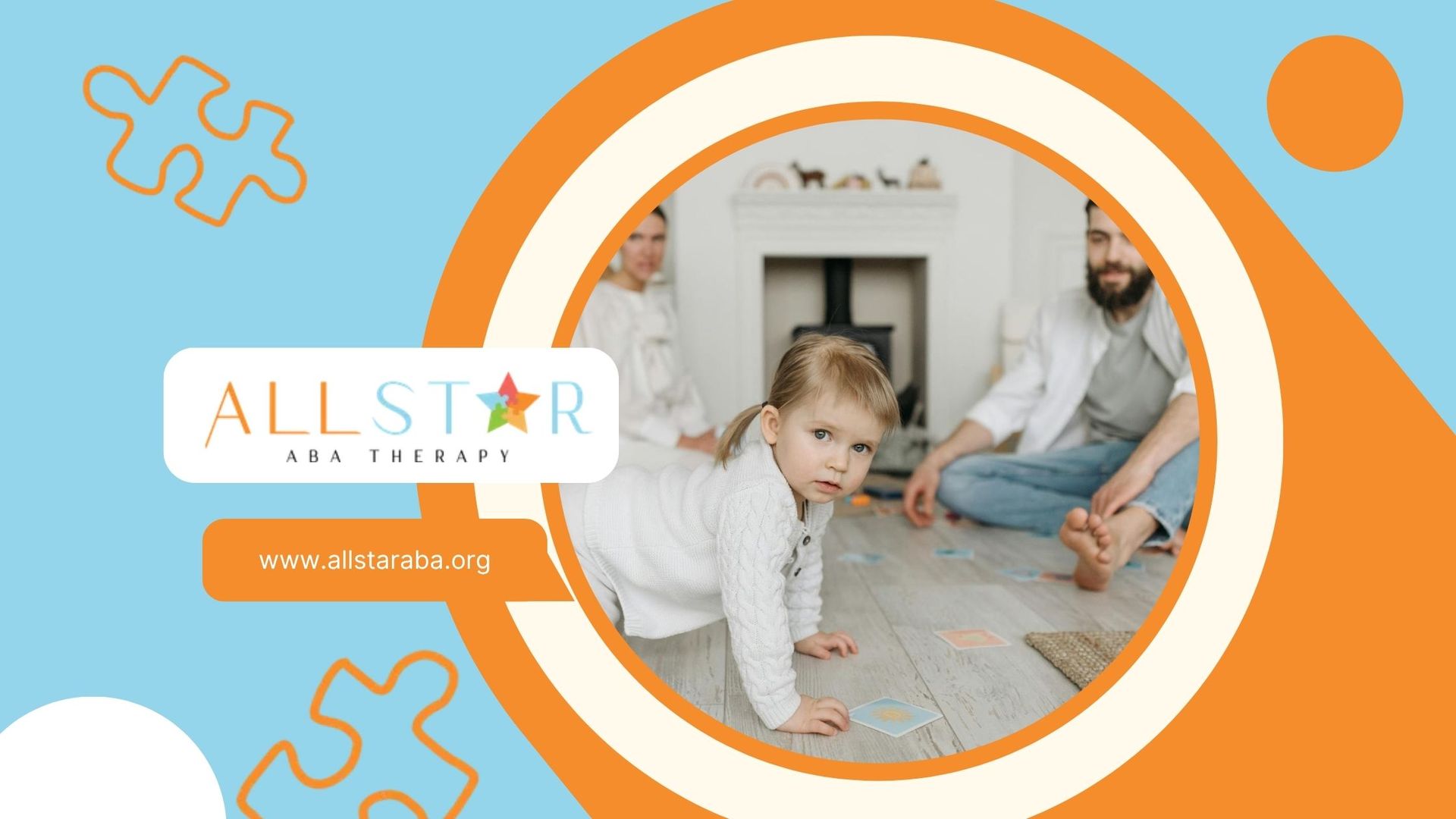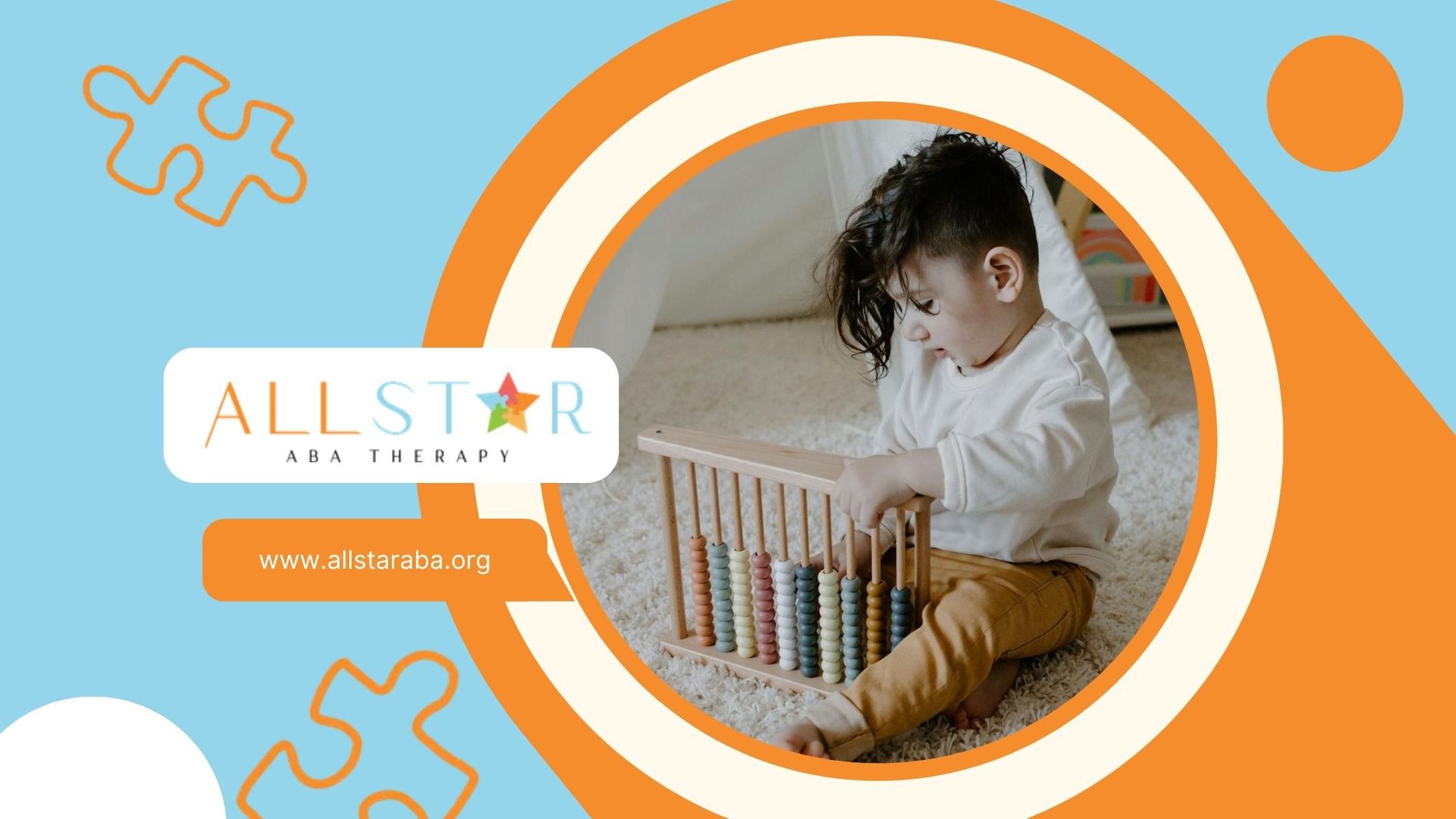New Paragraph
Autism Housing Grants: Securing a Stable Home for Your Child
Finding safe, stable, and autism-friendly housing can be a challenge for many families. The right living environment is essential for your child’s development, but the costs of modifications and specialized housing can be overwhelming. Thankfully, various grants and financial assistance programs are available to help families like yours create a supportive home.
In this article, we’ll explore different autism housing grants, eligibility requirements, and how to apply. Whether you need funding for rent, home modifications, or specialized support, this resource will help you navigate the process and secure the assistance your family needs.
Understanding Autism Housing Grants
Importance of Housing Assistance for Autistic Children
Securing appropriate housing is a critical aspect for families with autistic children. Stable and suitable housing provides a foundation where your child can thrive. It ensures safety, comfort, and a supportive environment tailored to the unique needs of your child.
Creating this supportive atmosphere often involves modifications to the home to accommodate sensory sensitivities and enhance safety. With the proper housing assistance, you can ensure these modifications are financially feasible, significantly improving your child's quality of life.
Overview of Autism Housing Grants
Autism housing grants are designed to assist families in securing appropriate housing for their autistic children. These grants can cover a variety of costs, including monthly rent, home modifications, and supportive housing services.
Grants may come from different sources such as federal, state, or local agencies, as well as non-profit organizations dedicated to helping autistic individuals. The goal of these grants is to alleviate the financial burden associated with creating a supportive living environment, allowing you to focus more on your child's developmental needs.
By understanding the different types of grants available and the eligibility criteria, you can navigate the application process more effectively. This ensures that you maximize the support your family receives, thereby securing a brighter future for your autistic child.
Eligibility Criteria
Understanding the eligibility criteria for autism housing grants is crucial for securing the necessary assistance for your child's housing needs. Two primary aspects must be considered: qualifications and required documentation.
Qualifications for Autism Housing Grants
To qualify for autism housing grants, specific criteria generally need to be met. These criteria ensure that the assistance is provided to families in genuine need.
- Diagnosis: Your child must have a formal diagnosis of Autism Spectrum Disorder (ASD) from a licensed healthcare professional.
- Income Level: Many grants have income eligibility requirements. Your family's income must fall below a certain threshold to qualify for financial assistance.
- Age: Some programs may specify an age range for eligible applicants.
- Residency: You must be a legal resident of the state or country where you are applying for the grant.
- Current Housing Situation: Proof of your current housing situation, such as a rental agreement or a mortgage statement, may be required.
Documentation Required for Application
The application process for autism housing grants involves submitting various documents to verify your eligibility. Be prepared to provide the following documents:
- Medical Records: Documentation of your child's autism diagnosis.
- Income Statements: Pay stubs, tax returns, or other income documentation to verify your financial status.
- Proof of Residency: Utility bills, lease agreements, or other documents to substantiate your residency status.
- Identification: Birth certificates and government-issued IDs for all household members.
- Housing Documents: Current lease agreements, mortgage statements, or proof of current living conditions.
Ensuring you have all necessary documentation ready will streamline the application process and improve your chances of securing autism housing grants for your child.
Types of Housing Assistance
When seeking housing aid for a child with autism, it's valuable to understand the different types of support available. These include rental assistance programs, home modification grants, and supportive housing programs.
Rental Assistance Programs
Rental assistance programs are designed to help families find and afford suitable rental housing. These programs can provide financial assistance to cover the rent cost, making it easier to secure a home that meets your family's needs.
Rental assistance programs often prioritize families with special needs, ensuring that your child has access to a safe and supportive living environment. Such programs can be a crucial step in providing stability and preventing housing insecurity.
Home Modification Grants
Home modification grants are aimed at making your existing home more accessible and accommodating for a child with autism. These grants can cover the costs of various modifications, such as installing sensory-friendly spaces, wheelchair ramps, or adaptive equipment tailored to your child's needs.
Modifications can significantly improve the quality of life for your child, creating an environment where they can thrive. Home modification grants are often specific to the needs of the child, ensuring that necessary adjustments are made to support their daily living.
Supportive Housing Programs
Supportive housing programs combine stable housing with additional support services tailored for individuals with disabilities, including autism. These programs often include on-site or community-based services such as behavioral therapy, life skills training, and other forms of assistance.
Supportive housing provides a comprehensive approach to ensure your child not only has a secure place to live but also access to necessary resources that promote independence and development. Participation in supportive housing can lead to long-term improvements in your child's overall well-being.
Understanding these different types of housing assistance can help you make informed decisions about securing autism housing grants. Each program offers unique benefits that contribute to providing a stable and supportive living environment for your child.
Applying for Autism Housing Grants
Application Process
Applying for autism housing grants can be a vital step in ensuring a safe and supportive environment for your child. Understanding the process can help alleviate some stress and ensure that you complete each step accurately.
- Research and Identify Grants: Begin by researching the various autism housing grants available. Look into federal, state, and local programs as well as non-profit organizations that offer financial assistance.
- Check Eligibility: Verify that you meet the eligibility criteria for the grants you're interested in. This often includes income requirements, your child’s diagnosis, and other specific conditions.
- Collect Documentation: Gather all necessary documentation. This typically includes proof of diagnosis, financial statements, housing needs assessments, and more.
- Complete Applications: Fill out the grant applications thoroughly. Pay attention to details and complete all required fields to ensure your application is not rejected due to incomplete information.
- Submit Applications: Submit your completed applications along with the required documentation. Ensure that you meet any deadlines and keep copies for your records.
- Follow Up: After submission, follow up with the grant-providing agencies to confirm receipt and check on the status of your application.
Tips for a Successful Application
Securing an autism housing grant can be competitive, so it’s essential to prepare a strong application. Here are some tips to increase your chances of success:
- Start Early: Begin your research and application process well in advance. This gives you ample time to gather documents, fill out forms, and address any issues that may arise.
- Stay Organized: Keep all your documents and information organized. Use a checklist to keep track of required documents and deadlines.
- Detailed Documentation: Provide detailed and clear documentation of your child's autism diagnosis and specific housing needs. More comprehensive information can make your case stronger.
- Write a Strong Narrative: Some applications may require you to write about your situation. Be honest and heartfelt about why you need the grant, highlighting your child’s needs and how the grant will help.
- Seek Help if Needed: Don’t hesitate to ask for assistance from social workers, healthcare providers, or advocacy groups who can guide you through the process.
- Review and Revise: Before submitting, review your application thoroughly. Check for errors, omissions, and ensure that all necessary documents are included.
Taking these steps can significantly enhance your chances of securing an autism housing grant, paving the way for a brighter and more stable future for your child.
Resources and Support
For families navigating autism housing assistance, there are numerous resources and support services available to help secure the necessary grants and accommodations.
Organizations Providing Assistance
Several organizations are dedicated to assisting families of autistic children in securing housing grants and support:
- Autism Societies: Often provide localized support and resources for autism-related needs, including housing assistance.
- Government Agencies: Federal, state, and local agencies frequently offer programs specifically aimed at assisting families with autism-related housing.
- Non-Profit Organizations: Many non-profits focus on disability services and may offer grant opportunities or other support for housing.
- Community Centers: Local community centers may have resources or connections to organizations that can help with housing needs.
Support Services Available
Beyond financial assistance, various support services can aid families in navigating the housing grant process and ensuring a better quality of life for autistic children:
- Case Management: Professionals who guide families through the application process, assist with documentation, and provide ongoing support.
- Legal Aid: Legal services can help with understanding eligibility criteria, rights, and any issues that may arise during the application process.
- Family Support Groups: Peer groups that offer emotional support, share experiences, and provide advice on securing housing grants.
- ABA Therapy: Services that can offer evaluations for appropriate home modifications to ensure a safe and supportive living environment.
- Respite Care: Programs that provide temporary care for autistic children, giving families a break and ensuring the child's needs are met.
These resources and support services can provide families with the necessary tools to effectively navigate the complexities of securing autism housing grants, ultimately leading to an enhanced quality of life for their children.
Securing Your Child's Future
Long-Term Planning
Long-term planning is essential when it comes to securing autism housing grants. It involves preparing for your child's future and ensuring that they have a stable and supportive living environment. One crucial aspect of long-term planning is establishing a sustainable living arrangement that adapts to their evolving needs.
You may want to consider creating a comprehensive plan that includes:
- Financial Planning: Budgeting for current and future housing expenses, including potential increases in costs or changes in income.
- Legal Considerations: Setting up guardianship or arranging for legal support to protect your child's interests.
- Housing Stability: Exploring long-term housing options that provide consistency and tailored support services.
- Educational and Vocational Support: Ensuring that housing options align with educational and employment opportunities.
Working with financial advisors, social workers, and housing specialists may be beneficial to develop a robust long-term plan. It’s crucial to periodically reassess and adjust the plan as your child’s needs and circumstances change.
Impact of Housing Assistance on Quality of Life
Securing autism housing grants can significantly enhance the quality of life for your child. Here's how housing assistance can make a difference:
- Stability: Consistent and stable housing allows your child to feel safe and secure, reducing stress and anxiety.
- Access to Support Services: Many housing programs offer support services such as on-site caregivers, social workers, and therapy, helping your child live independently while receiving necessary assistance.
- Enhanced Independence: Appropriate housing can foster a sense of independence by providing an environment tailored to your child's specific needs.
- Community Integration: Supportive housing programs often promote community involvement, enabling your child to build social connections and actively participate in community activities.
By planning and utilizing autism housing grants, you can create a supportive and enriching environment for your autistic child, ensuring that they lead a fulfilling and dignified life.
Frequently Asked Questions
What types of housing assistance are available for families with autistic children?
Families can access federal, state, and non-profit grants, rental assistance programs, and home modification funding to create a suitable living environment.
How can I apply for autism housing grants?
Start by researching available programs, ensuring you meet eligibility criteria, and gathering required documentation such as income verification and medical records.
Are there income limits for autism housing assistance programs?
Many programs have income-based eligibility requirements to ensure support goes to families in financial need, though some grants focus solely on housing modifications.
Sources:
- https://www.autismspeaks.org/tool-kit-excerpt/funding-housing
- https://iacc.hhs.gov/resources/housing/websites/
- https://www.accessibilitychecker.org/blog/grants-for-people-with-disabilities/
- https://home.treasury.gov/policy-issues/coronavirus/assistance-for-state-local-and-tribal-governments/emergency-rental-assistance-program
- https://www.autismparentingmagazine.com/autism-housing-grants/
Need Support?
We're Here to Help!
Our experienced team is ready to assist you. Reach out today to discuss how we can support your child's development and well-being.
Get started with expert ABA therapy today.



